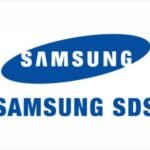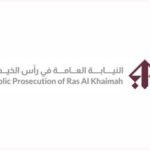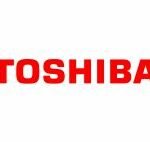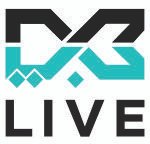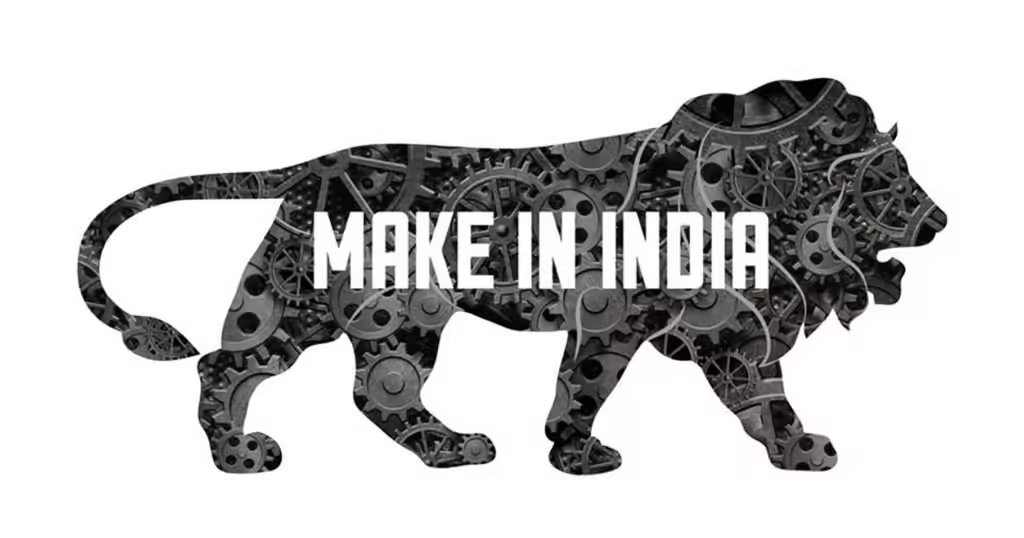Get a Quick Quote/info
Our Services
- ISO 9001 Certification
- ISO 14001 Certification
- OHSAS 18001 Certification
- ISO 45001 Certification
- HACCP Certification
- ISO 22000 Certification
- ISO 27001 Certification
- More Standards...
Restriction of Hazardous Substances(RoHS)
RoHS Certification verifies that a product complies with the EU Directive 2011/65/EU, which restricts the use of specific hazardous substances in electrical and electronic equipment (EEE). These include lead (Pb), mercury (Hg), cadmium (Cd), hexavalent chromium (Cr⁶⁺), polybrominated biphenyls (PBB), and polybrominated diphenyl ethers (PBDE).
This certification is crucial for manufacturers, importers, and distributors of electronics and electrical devices who wish to enter or continue selling in the European Economic Area (EEA), as well as other countries that follow similar regulations.
At Startup Bharat, we help businesses achieve RoHS compliance through a comprehensive process — including component analysis, supplier verification, technical documentation support, and coordination with accredited testing labs.
RoHS Certification not only minimizes environmental impact but also proves your commitment to safe, sustainable manufacturing, helping your products stand out in both local and international markets.
WHY RoHS CERTIFICATIONS
- Mandatory for Export to European Union
- Eliminates Use of Hazardous Substances
- Reduces Environmental Pollution
- Improves Product Safety
- Builds Trust with Global Buyers
- Supports Global Market Expansion
- Enhances Corporate Responsibility
Certification Benefits
- Legal Market Access to the EU and Other Countries
- Reduced Liability & Product Recalls
- Improved Brand Image & Consumer Trust
- Health & Safety for End Users
- Eco-Friendly Manufacturing
- Greater Supply Chain Transparency
- Preferred by Environmentally Conscious Clients
RoHS Certification (Restriction of Hazardous Substances)
- Ensures products are free from harmful substances like lead, mercury, and cadmium
- Required for exports to the European Union and RoHS-compliant countries
- Demonstrates commitment to environmental safety and global compliance
RoHS Certification is essential for any business involved in manufacturing, importing, or distributing electrical and electronic equipment. It confirms compliance with the European Union’s Directive 2011/65/EU, which restricts the use of six hazardous substances known to cause harm to human health and the environment.
As global regulations tighten, RoHS Certification has become a critical requirement not only in the EU but also in countries like the UK, UAE, China, and parts of North America. It ensures that your products meet international environmental and safety standards — a must for building trust with buyers, regulatory bodies, and environmentally conscious consumers.
At Startup Bharat, we guide you through the entire RoHS compliance process — from component testing to documentation and coordination with accredited laboratories. Whether you’re a manufacturer or an exporter, our team ensures your products are fully compliant and ready for global trade.
RoHS Certification helps your business stand out for its safe, eco-friendly, and legally compliant products — making it a powerful tool for growth in the international electronics market.
RoHS Certification Process
At Startup Bharat, we provide complete support to help manufacturers, importers, and exporters achieve RoHS Certification, ensuring full compliance with the EU Directive and global environmental safety standards.
Step-by-Step RoHS Certification Process
Application & Product Scope Definition
We begin by understanding the type of electronic/electrical products you manufacture or sell, and determine which components fall under RoHS regulations.Component & Material Analysis
All product components are reviewed and their material composition is analyzed for the presence of restricted substances (e.g., Lead, Mercury, Cadmium, etc.).Testing at Accredited Labs
Samples are sent to RoHS-accredited laboratories for detailed testing to confirm that hazardous substances are below permissible limits.Technical Documentation Preparation
We assist in compiling a Technical File (TCF) including the Declaration of Conformity (DoC), lab reports, material data sheets, and supplier declarations.Audit & Evaluation (If Required)
In some cases, an audit may be performed to verify process controls and material traceability.Issuance of RoHS Certificate
Upon successful verification and compliance, the RoHS Certificate is issued by a notified body or lab, valid for regulatory and market use.
RoHS Certification Cost
The cost of RoHS Certification depends on your product type, the number of components, and the extent of testing required. At Startup Bharat, we offer flexible and transparent pricing tailored to your product and market needs.
Key Factors Affecting Cost:
✅ Type of Electronic/Electrical Products – Simple appliances vs. complex electronic assemblies
✅ Number of Components/Materials – Each material needs to be verified for restricted substances
✅ Testing Requirements – Whether lab testing is needed for all parts or only select samples
✅ Certifying Body or Lab Chosen – Local testing labs vs. international notified bodies
✅ Volume of Products & Export Destinations – Costs may vary for bulk certification or multi-country compliance
Estimated Cost Range:
🔌 Small Electronic Items (e.g., cables, adaptors): ₹15,000 – ₹30,000 INR
Mid-Level Assemblies (e.g., LED products, PCBs): ₹30,000 – ₹75,000 INR
Large/Complex Products (e.g., machinery, multi-PCB systems): ₹75,000 – ₹1.5 Lakhs+ INR
Reasons to Get RoHS Certification
✅ Mandatory for Selling in the European Union
RoHS compliance is legally required for all electrical and electronic equipment entering EU markets.
✅ Eliminates Hazardous Substances
Protects human health and the environment by restricting toxic materials like lead, mercury, and cadmium.
✅ Meets Global Environmental Standards
Recognized in other regions including the UK, UAE, China, and North America.
✅ Reduces Legal Risks and Product Recalls
Helps avoid fines, shipment delays, or bans due to non-compliance with environmental regulations.
✅ Improves Product Safety and Market Credibility
Builds trust with consumers, retailers, and regulatory authorities worldwide.
✅ Supports Eco-Friendly and Sustainable Manufacturing
Promotes responsible production practices and reduces e-waste impact.
✅ Strengthens Supply Chain Compliance
Encourages suppliers to use RoHS-compliant components, creating a cleaner production network.
1. What is RoHS Certification?
RoHS (Restriction of Hazardous Substances) Certification confirms that electrical and electronic products comply with EU Directive 2011/65/EU, restricting the use of hazardous materials like lead, mercury, and cadmium.
2. Who needs RoHS Certification?
Manufacturers, importers, and distributors of electrical and electronic equipment (EEE) who want to sell in the European Union or other RoHS-compliant markets.
3. Is RoHS Certification mandatory?
Yes, for selling electronics in the EU and several other countries, RoHS compliance is legally required.
4. How long does RoHS Certification take?
Typically 2 to 4 weeks, depending on the number of components and testing requirements.
5. How long is the certificate valid?
RoHS Certification does not expire automatically, but periodic retesting or reassessment may be required — especially when product designs or suppliers change.
6. Can RoHS and CE Certification be combined?
Yes, many electronic products require both RoHS and CE Certification to enter the EU market. RoHS focuses on hazardous substance restrictions, while CE covers product safety and performance. They are often addressed together in the Declaration of Conformity.
ISO 9001 Certification in Dubai
Companies we've worked with
